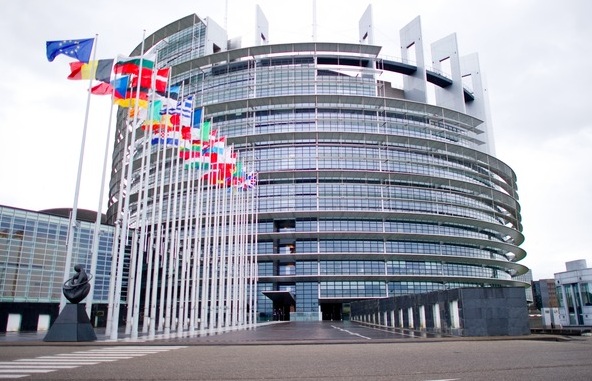Words by Jake Nordland
The European Union announced on Thursday its intention to bring legal action against the UK over its controversial Internal Markets Bill. The Commission sent a letter of formal notice to the UK for “breaching its obligations under the Withdrawal Agreement”.
The UK government has one month to respond before the EU escalates the case. Although no longer an EU member state, the UK remains under the jurisdiction of European courts for the duration of the transition period.
The proposed Internal Markets Bill alters the Brexit Withdrawal Agreement signed with the EU last year, and grants the UK sweeping powers to ‘disapply’ new regulatory rules between the UK and Ireland set to be applied post-transition.
The bill has been widely criticised for disregarding the UK’s legally binding international obligations. Prominent UK politicians, including former PMs Tony Blair and Sir John Major, voiced deep concerns over the bill after government ministers admitted in Parliament that it would break international law.
The EU is moving to sue the UK even though the bill – which is currently making its way through Parliament – has not yet been passed. The Commission has said that the government’s decision alone to propose the bill contravenes Article 5’s ‘good faith’ obligation of Withdrawal Agreement.

Article 5 ensures that both parties refrain from any measures that might jeopardize the fulfillment of the Agreement. In a statement, Commission President Ursula Von der Leyen said that the bill “by its very nature [is] a breach of the obligation of good faith”.
Von der Leyen also insisted the bill would be “in full contradiction to the Protocol on Ireland”. The Northern Ireland Protocol is an agreement that commits to regulatory checks on goods crossing the Irish sea. It was developed in a bid to avoid a land border between Northern Ireland and Ireland (who remain in the EU), amidst fears of endangering the Good Friday Agreement.
The UK government has maintained that the Internal Markets Bill introduces necessary changes that protect the UK internal market. A government spokesperson described the bill as a “safety net” preventing the possibility of harmful new regulations by Brussels post-transition. The bill successfully passed through the House of Commons on Tuesday.
Some commentators have also cast doubt on the importance of the EU’s threat of legal action. The move, called an infringement procedure, was used 800 times last year by the EU, although few of those cases were as significant as the one leveled against the UK on Thursday.
If the Commission escalates an infringement procedure to the Court of Justice of the European Union (CJEU), the courts can force a state to comply and impose fines if they refuse. Under the Withdrawal Agreement, the CJEU’s rulings still apply even after the transition period has ended.
But analysts have pointed out that if the UK is already refusing to comply with the Withdrawal Agreement, there is little the EU or CJEU could legally do post-transition. The news comes, however, amidst further negotiations on a post-transition trade deal.
The talks have until only mid-October to finalize a deal. How the Internal Markets Bill – and Brussels’ threatened legal response – will influence the ongoing talks remains to be seen.

